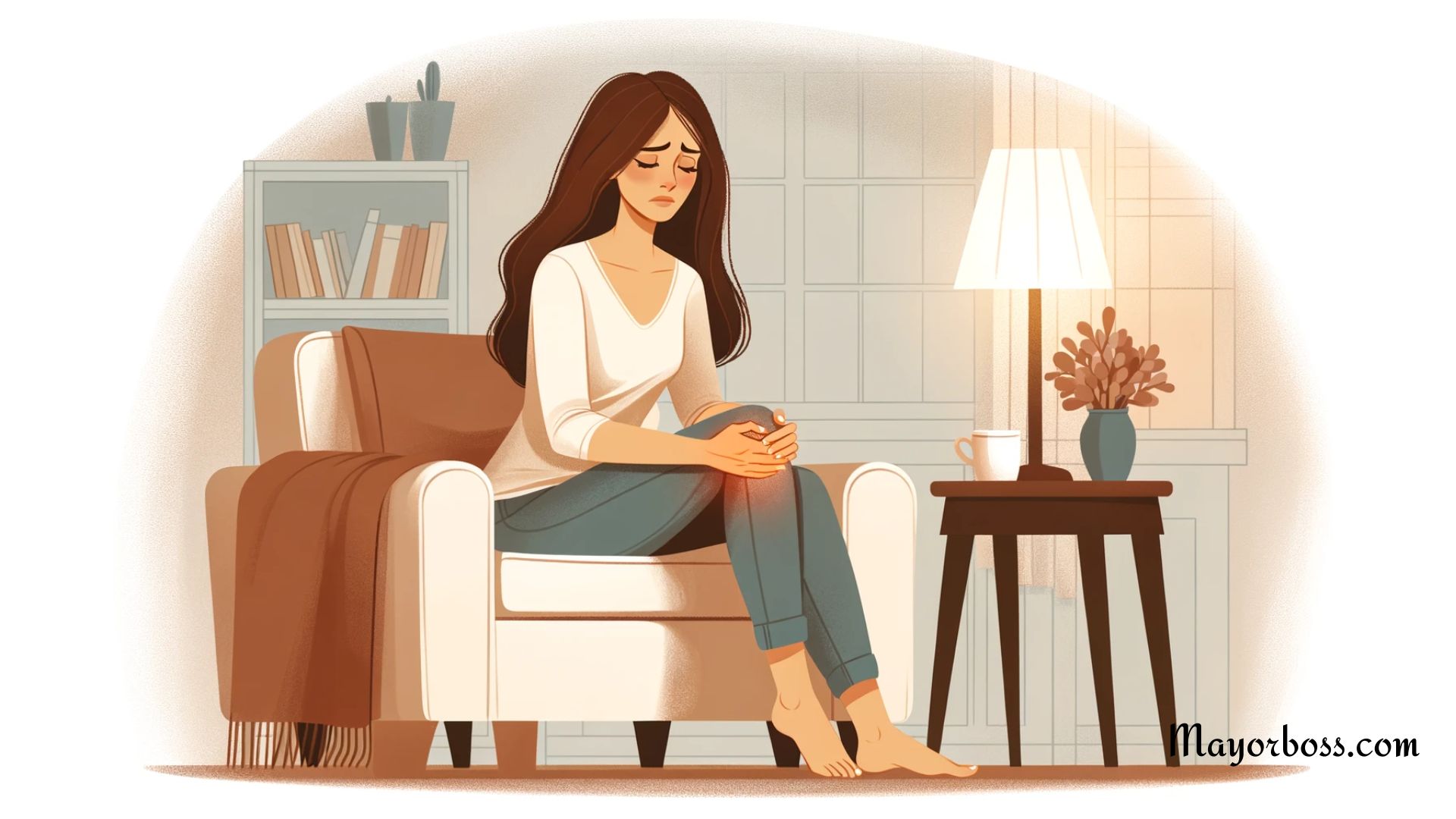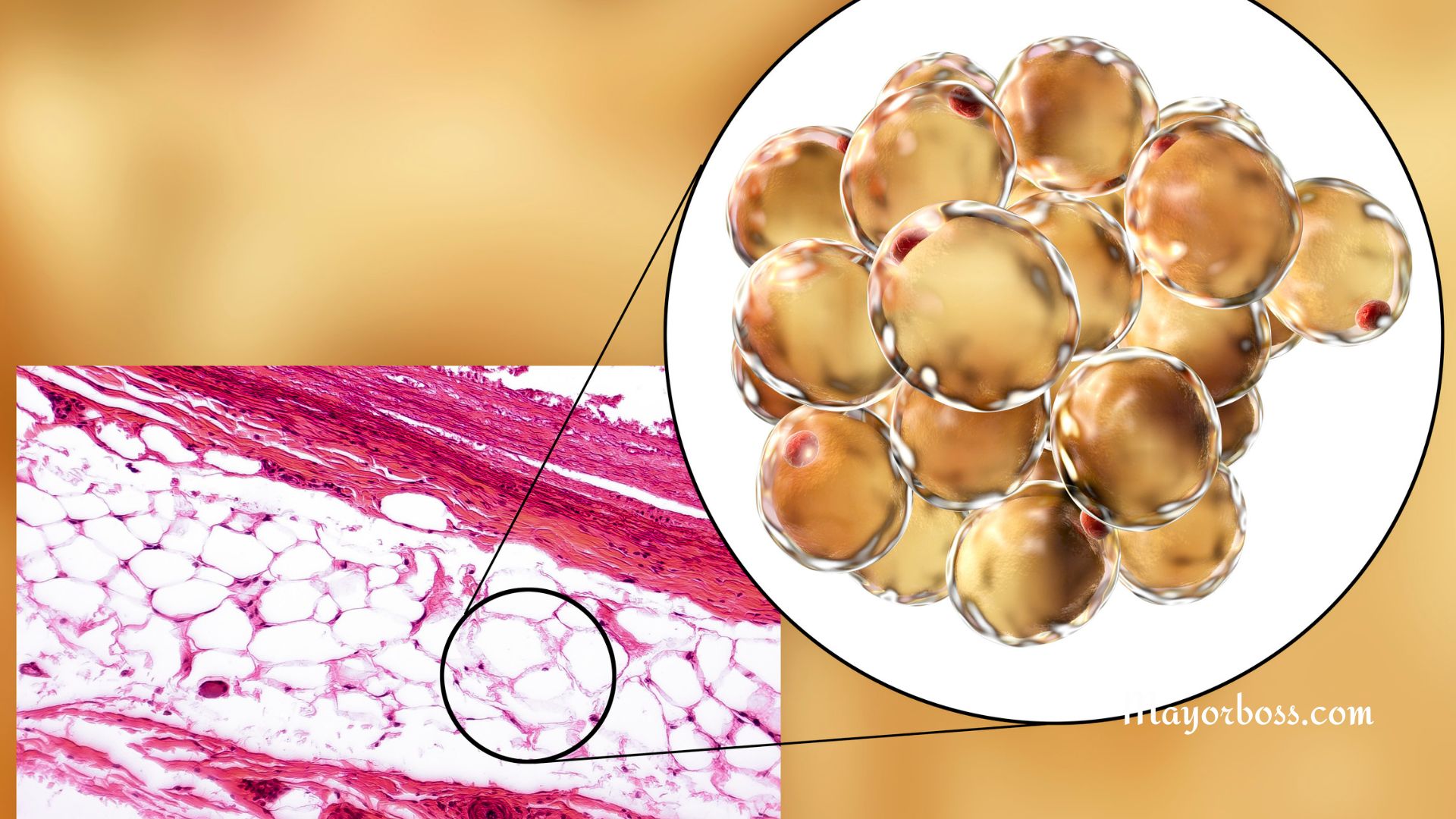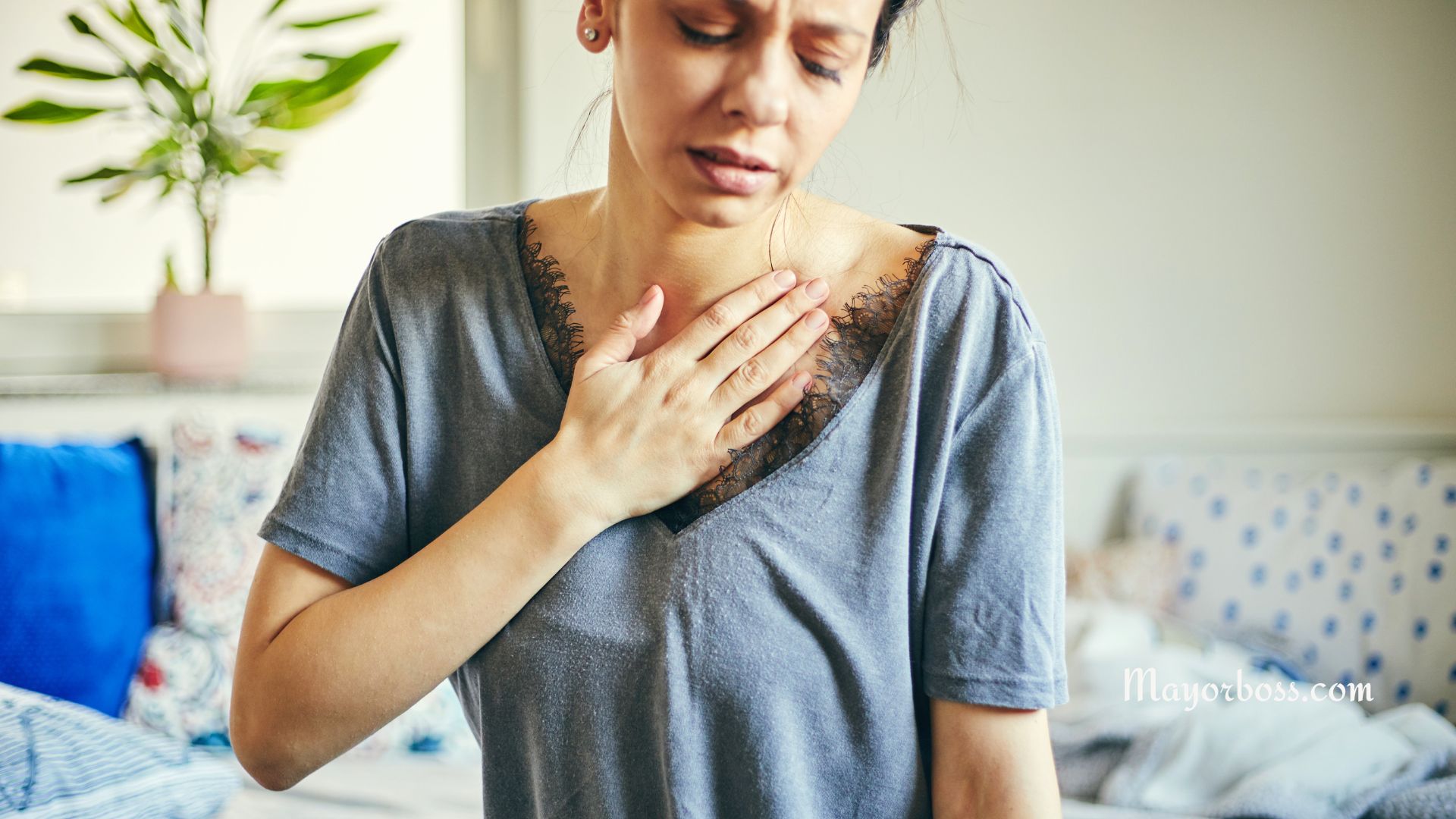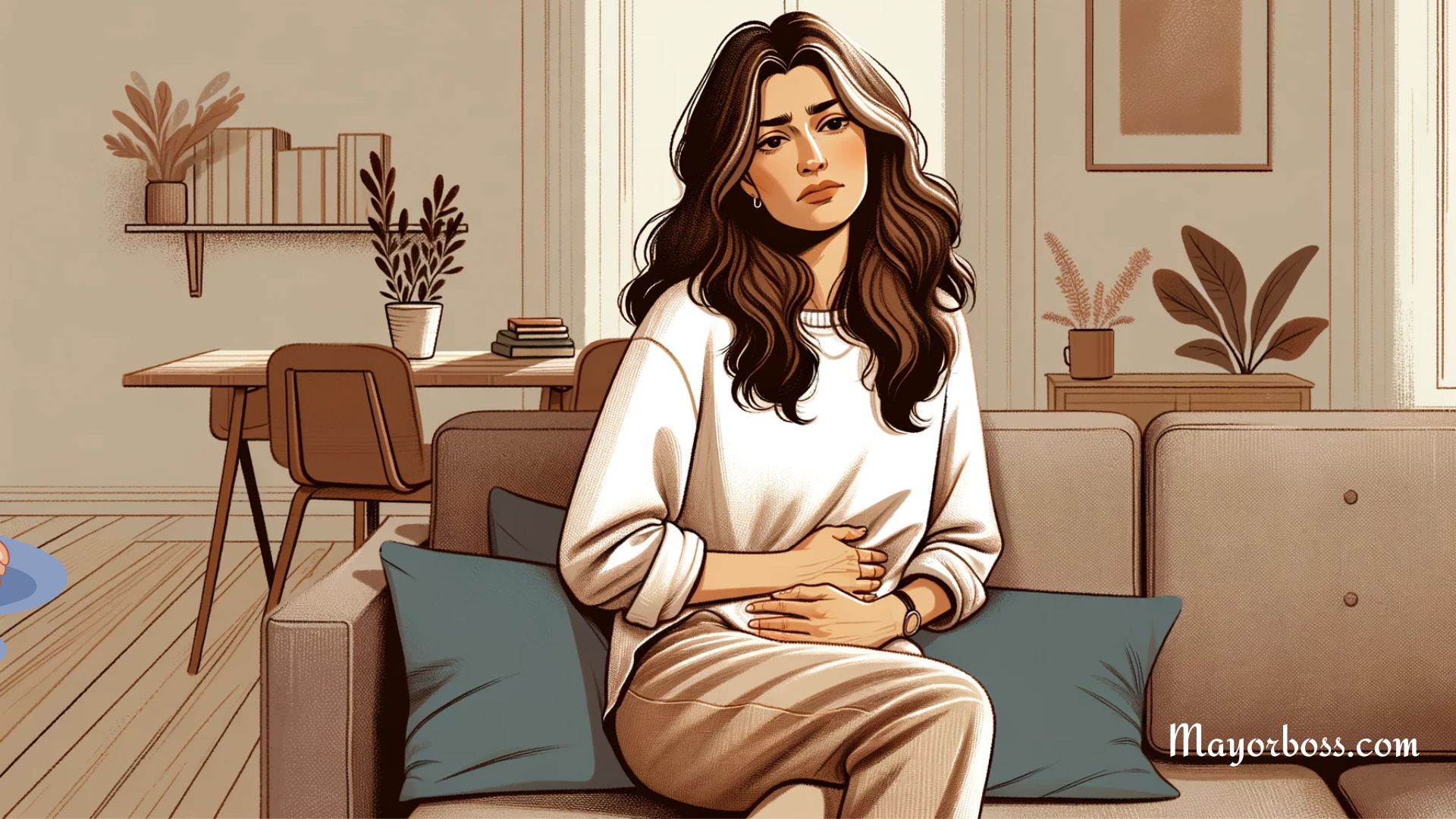How To Stop Your Heart Palpitations
Heart palpitations are irregular heartbeats that can feel like your heart is fluttering, racing, or pounding. Heart palpitations can be bothersome, but they’re usually nothing to worry about. There are many reasons for heart palpitations, such as stress or anxiety, certain medications, and even physical activity.
If you experience frequent or severe heart palpitations, your doctor may recommend lifestyle changes and medications to help reduce symptoms.
Here are some ways to stop your heart palpitations:
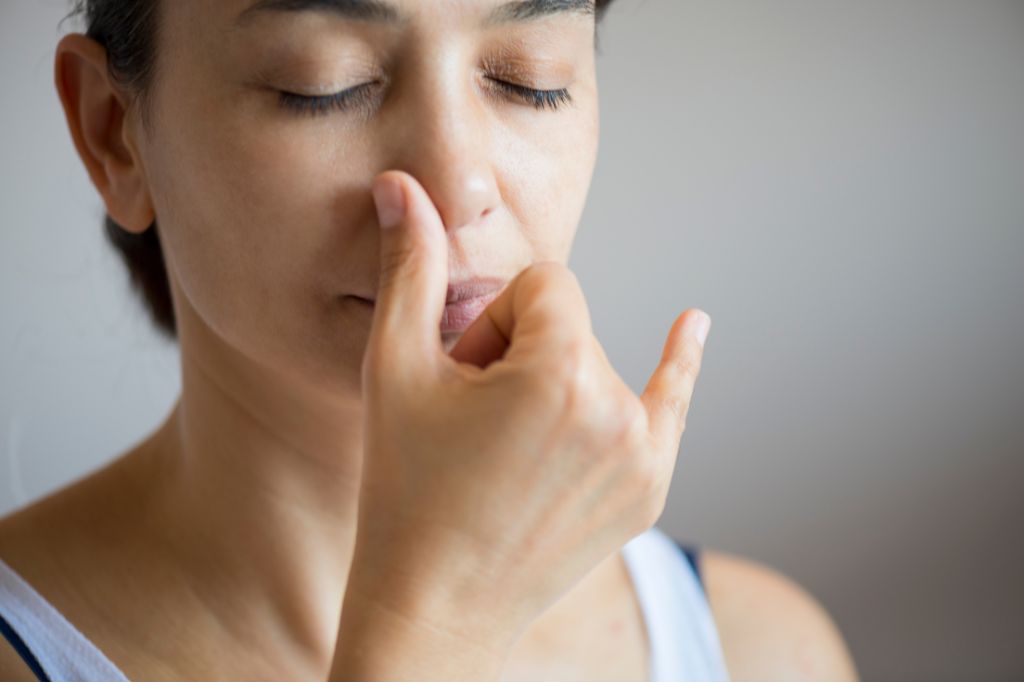
1. Slow down your breathing
Taking slow, deep breaths can help keep your heartbeat in a regular rhythm. Inhale for five counts and then exhale for five counts. Repeat this until your heart palpitations slow down or subside.
2. Do Valsalva maneuvers
This procedure involves holding your nose, closing your mouth, and exhaling with pressure. This type of breathing can help reduce heart palpitations by slowing the heart rate through increased vagal tone.
3. Drink enough water
Staying adequately hydrated can help prevent heart palpitations caused by dehydration. This is because dehydration can lead to electrolyte imbalances that can interfere with the electrical signals your heart needs to keep a regular rhythm.
4. Avoid stimulants
Caffeinated beverages, alcohol, cigarettes, and other stimulants can trigger heart palpitations. Try reducing your consumption of these substances or eliminating them from your diet altogether.
5. Reduce stress
Stress can trigger palpitations, so it’s important to find ways to reduce your stress levels. Try activities like yoga, meditation, or mindfulness exercises. You can also speak with a therapist or counselor if you’re having trouble managing your stress levels.
6. Exercise Regularly
This is probably the most well-known of all the tips for treating heart palpitations. Not only does regular exercise help maintain a healthy weight, lower blood pressure, and strengthen your cardiovascular system. It also encourages your body to pump and regulate oxygen throughout your body more efficiently.
Talk to your doctor
If your heart palpitations don’t improve over time or if they become worse, be sure to talk to your doctor. Your doctor can recommend tests and other treatments that may help reduce the frequency of your palpitations. They may also prescribe medications to help regulate your heart rate and rhythm.


